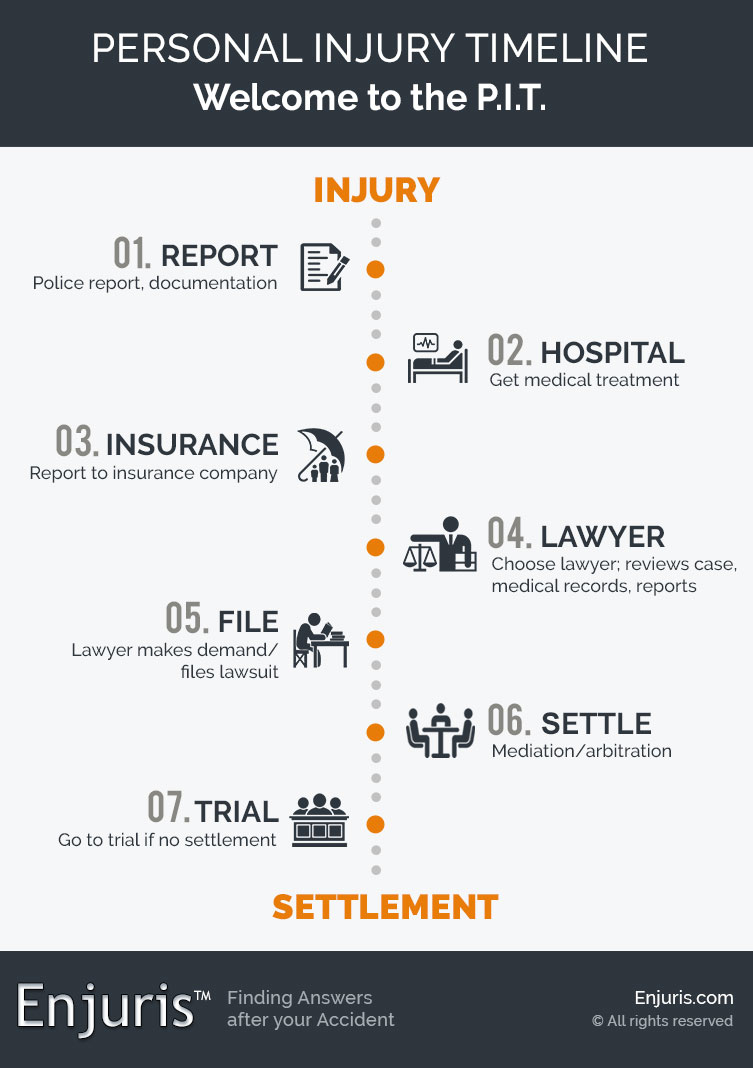Discover Just How To Navigate Landlord-Tenant Disagreements Efficiently, Yet Beware Of The Hidden Complexities That Could Influence Your Legal Rights
Discover Just How To Navigate Landlord-Tenant Disagreements Efficiently, Yet Beware Of The Hidden Complexities That Could Influence Your Legal Rights
Blog Article
Produced By-Fallesen Walker
When it pertains to landlord-tenant regulation, understanding your legal rights and duties is vital for both events. You might believe you have a strong understanding on the basics, but there are commonly nuances that can catch you off guard. Whether you're a property manager taking care of a building or a renter looking for a secure home, recognizing the legal landscape can make all the distinction. What might surprise you are the complexities associated with browsing disagreements and expulsion processes.
Comprehending Lessee Rights and Responsibilities
When you rent out a home, it's important to understand your civil liberties and responsibilities as a tenant. You have the right to a safe and habitable living setting, indicating your landlord should keep essential solutions like heating, pipes, and electrical power.
You're also entitled to personal privacy; property managers commonly need to supply notification before entering your unit.
On the flip side, you are accountable for paying rent on time, maintaining the building tidy, and not causing damage past regular wear and tear.
Acquaint on your own with your lease contract, as it lays out certain regulations and responsibilities. Understanding these facets not just protects you however also cultivates a positive relationship with your landlord.
Stay notified, and you'll browse your occupancy more effectively.
Trick Property Manager Responsibilities and Legal Considerations
While you might know your rights as a renter, it's equally essential to comprehend your proprietor's responsibilities.
Landlords need to offer a safe and habitable living environment, guaranteeing that important systems like heating, pipes, and electrical power are in functioning order. They're additionally responsible for making necessary repair work promptly and adhering to local building ordinance.
Additionally, proprietors need to appreciate your personal privacy by offering appropriate notification before entering your system, usually 1 day. They ought to handle security deposits according to state regulations, consisting of returning them promptly after you vacate, minus any kind of legal deductions.
Recognizing these responsibilities can aid you keep a favorable relationship with your property owner and guarantee your living circumstance fulfills legal criteria.
Navigating Disputes and Expulsion Processes
Disputes between property managers and renters can arise unexpectedly, making it important for you to comprehend the procedures associated with resolving them.
Initially, communication is crucial-- attempt to talk about concerns directly to find a compromise. If that falls short, familiarize on your own with your neighborhood regulations pertaining to disputes and expulsion. Paper every little thing: maintain documents of communications, settlements, and any kind of infractions.
If expulsion ends up being needed, guarantee you follow the legal steps called for in your area, which typically includes offering composed notification and a particular timeframe for resolution.
Be prepared to head to court if the scenario intensifies, as it may be your only recourse. Recognizing these procedures will certainly aid you navigate disputes better and secure your legal rights as either a property manager or occupant.
Verdict
In summary, recognizing landlord-tenant regulation is crucial for both events associated with a rental contract. By knowing your rights and obligations, you can cultivate a much better living atmosphere and prevent disputes. If living trust vs last will and testament emerge, keep in mind that a realty attorney can aid direct you through the complexities of eviction procedures and legal obligations. Staying notified and proactive will ensure a smoother rental experience, whether you're a property manager or a tenant.
